Since its inception almost 250 years ago, the United States of America has prided itself on being a nation that allows free speech for every citizen, no matter what they believe in. Now, some are saying that the federal government has broken its promise to defend this amendment right by censoring posts on social media.
The case has made its way to the Supreme Court, and although the justices haven’t ruled yet, it seems they are likely to side with President Biden and the government’s right to censor on social media.
Murthy v. Missouri
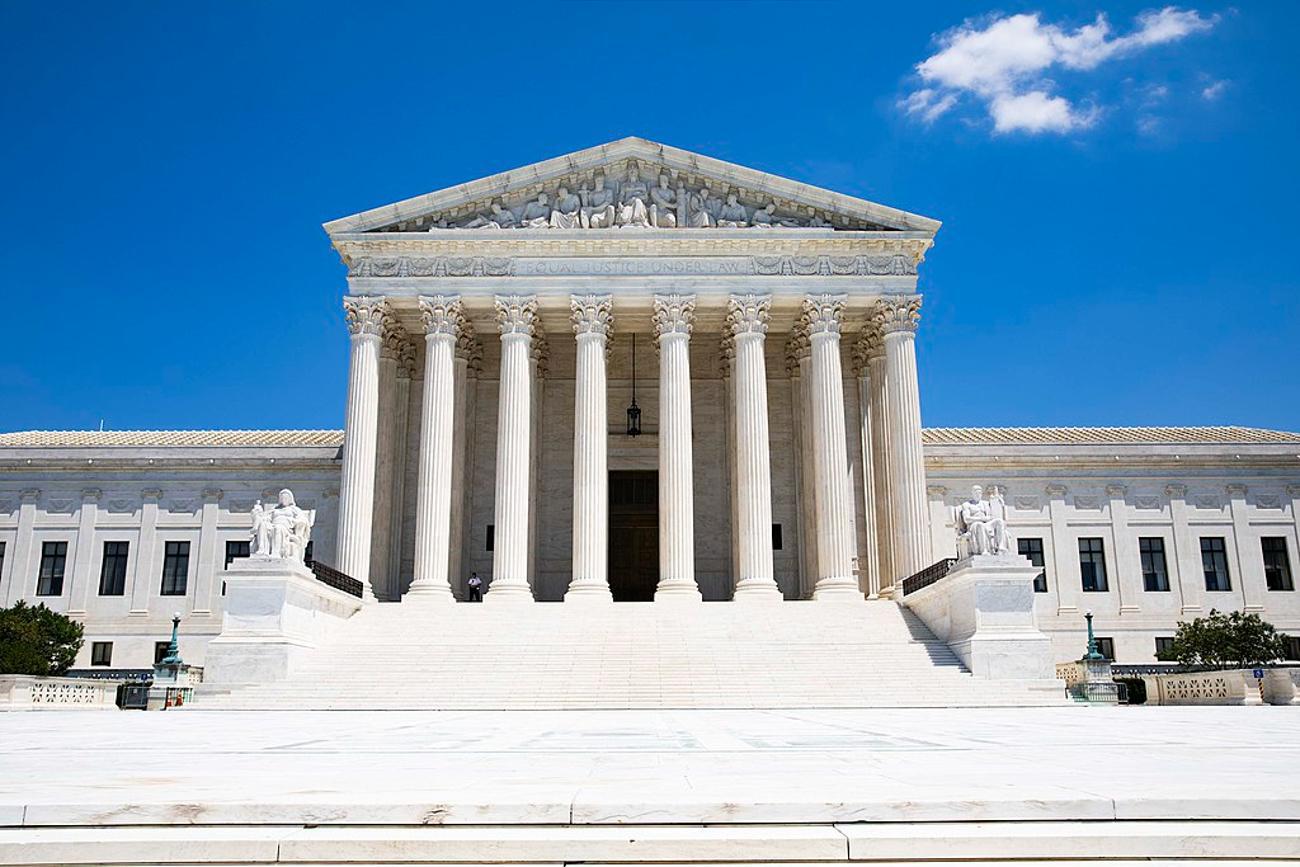
The Supreme Court case, known as Murthy v. Missouri, was first brought to the court’s attention at the start of Biden’s four years in the Oval Office.
The plaintiffs alleged that President Biden and his administration had coerced or strongly encouraged various social media platforms to take down posts that spread what they called false information about the 2020 presidential election and the COVID-19 pandemic. Thus violating the First Amendment’s right to free speech.
The First Court Ruled Against Biden
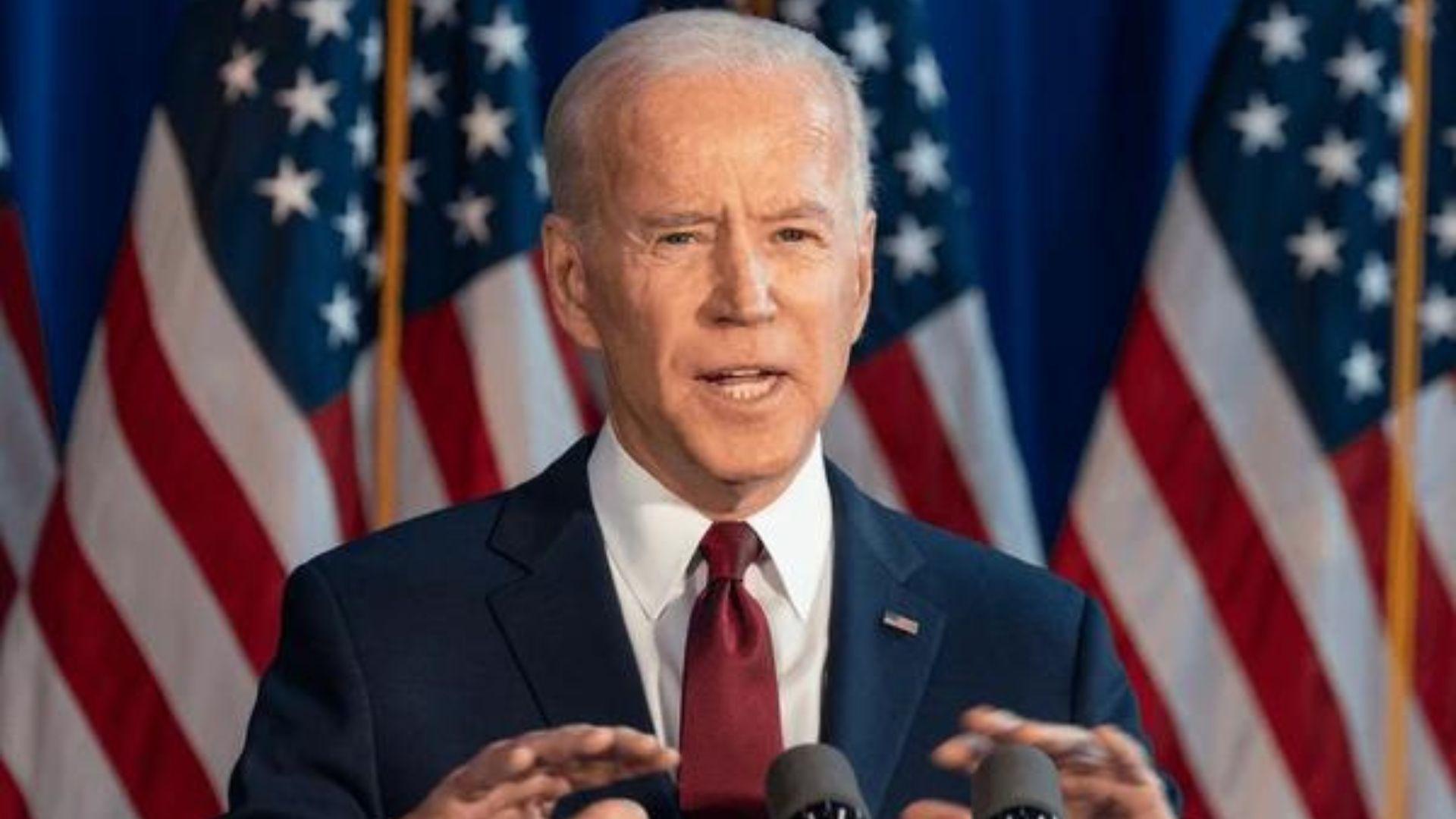
The first judge to preside over the case ruled that federal government officials had indeed violated the right to free speech and issued an injunction against the Biden administration.
However, that ruling was put on hold last year when the case made its way to the Supreme Court. Just last week, the Supreme Court finally heard the case, and while they won’t announce their decision for a few months, the released transcription makes it seem as though they will side with Biden and the White House.
The Justices Listened to Two Hours of Arguments
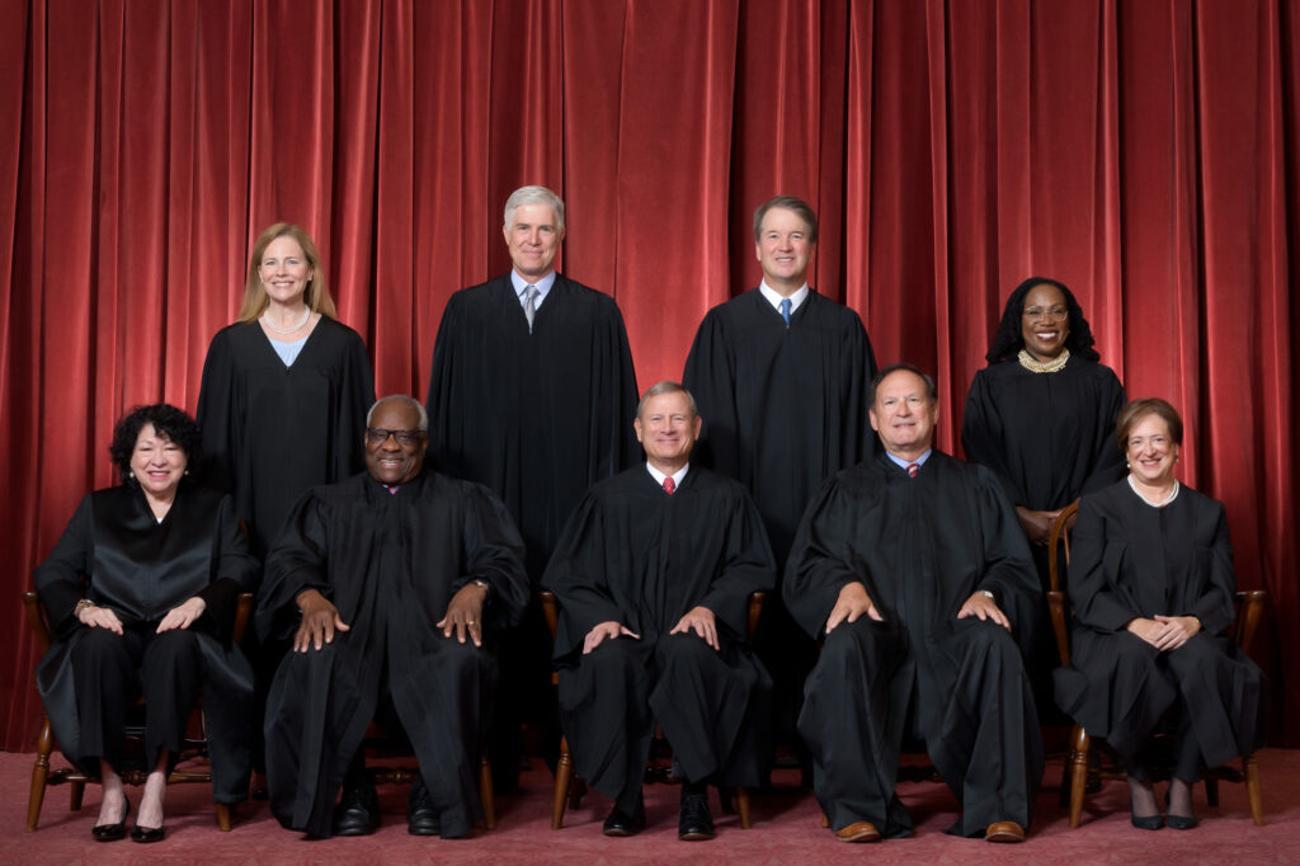
The current Supreme Court Justices listened to almost two hours of arguments from the prosecutors who alleged that Biden and his administration used their influence to minimize conservative points of view on social media platforms.
Specifically, the prosecution explained that the FBI was calling sites such as Facebook and X (formerly Twitter) to strongly encourage them to remove certain posts.
The FBI Makes These Kinds of Calls All the Time

When the subject of the FBI’s involvement in the removal of social media posts, which is commonly known as doxxing, was proposed, one justice spoke up to say that this unquestionably happens quite often.
Justice Amy Coney Barrett asked during the arguments, “Do you know how often the FBI makes those calls?” essentially suggesting that this is common practice within the organization.
Who Really Took Down the Posts?
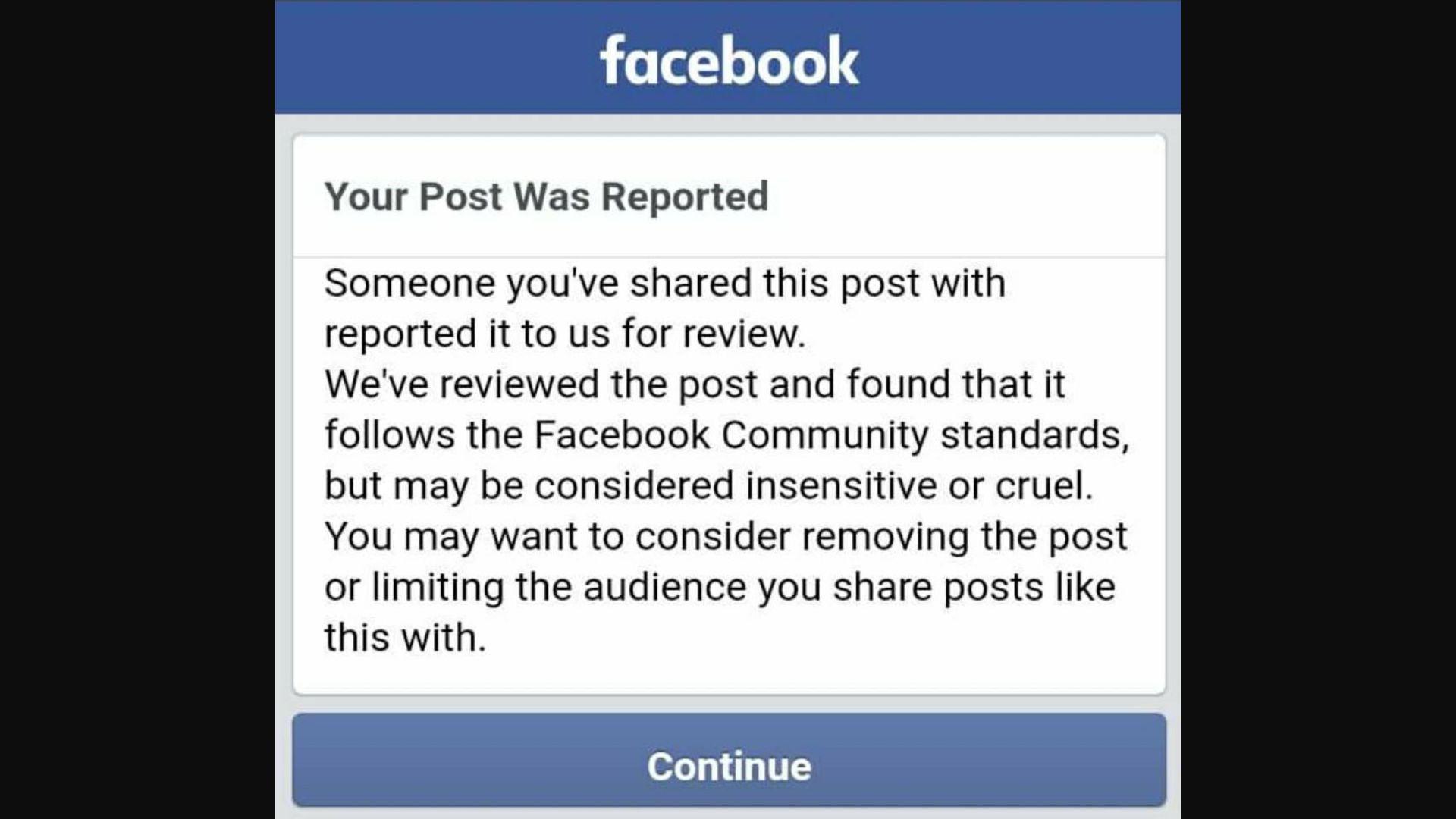
One of the major arguments of the case was whether the prosecutors could prove that it was, in fact, the government that forced the removal of certain conservative posts or if it was the decision of the platforms themselves.
Sites such as Instagram, YouTube, X, and Facebook have what they call “community standards,” and if posts violate these standards, they will be removed by the moderators.
There Is No Proof of FBI or White House Involvement
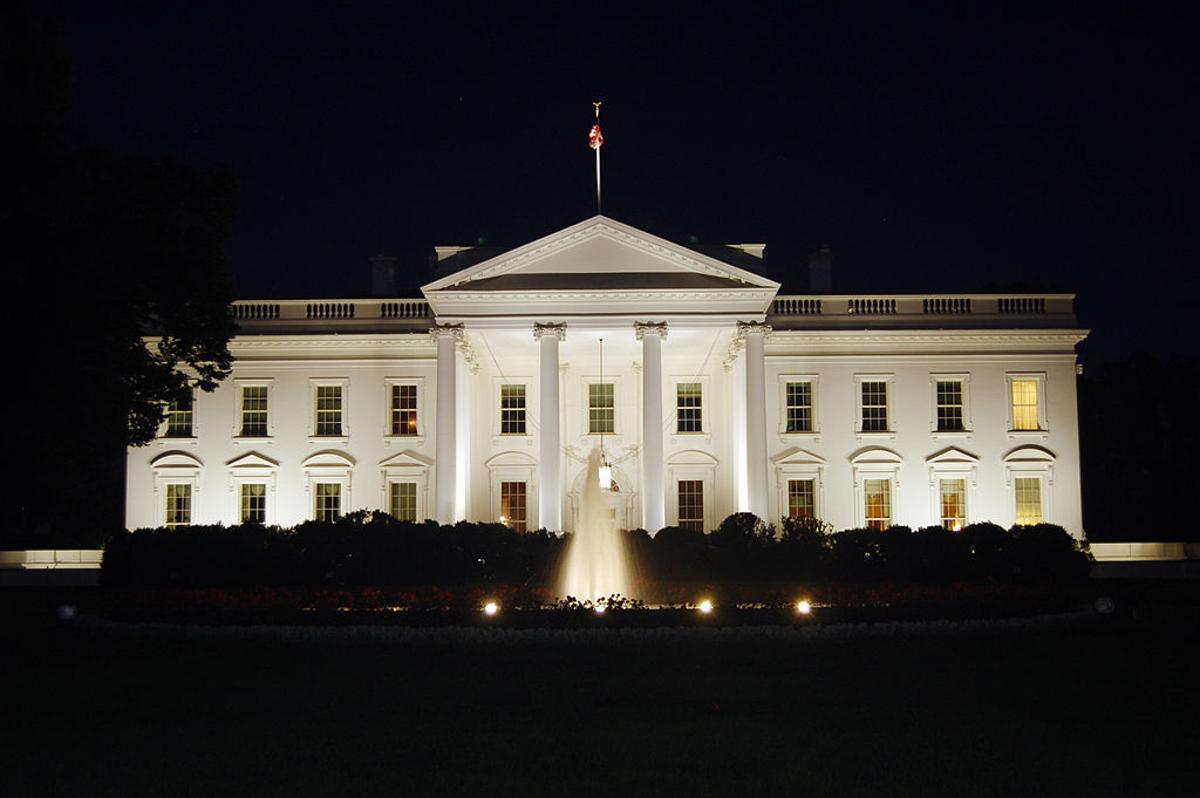
Essentially, there is no concrete evidence that the posts in question were removed due to direct instruction from the FBI or the White House.
Justice Elena Kagan asked the prosecution, “We also know that the platforms are actively content moderating, and they’re doing that irrespective of what the government wants, so how do you decide that it’s government action as opposed to platform action?”
Emails Between the White House and Social Media Platforms Were Submitted as Evidence

Some emails between the White House and various social media platforms were submitted as evidence. However, they only showed the White House’s “constant pestering” for requests for meetings, not any specific instructions to remove conservative posts.
While the prosecution argued that these emails show a direct abuse of power, the defense said that communication between federal officials and the press is not uncommon. And that “platforms say no all the time to the government.”
Is It the Federal Government’s Duty to Protect Its Citizens?

The defense also argued that by completely eliminating the federal government’s involvement in social media platforms, the internet could become a cesspool of dangerous misinformation.
Some say it’s part of the government’s role in our system to protect its citizens and, therefore, a moderate amount of intervention is necessary, as long as it doesn’t infringe upon American’s right to free speech.
Restricting Government Communications
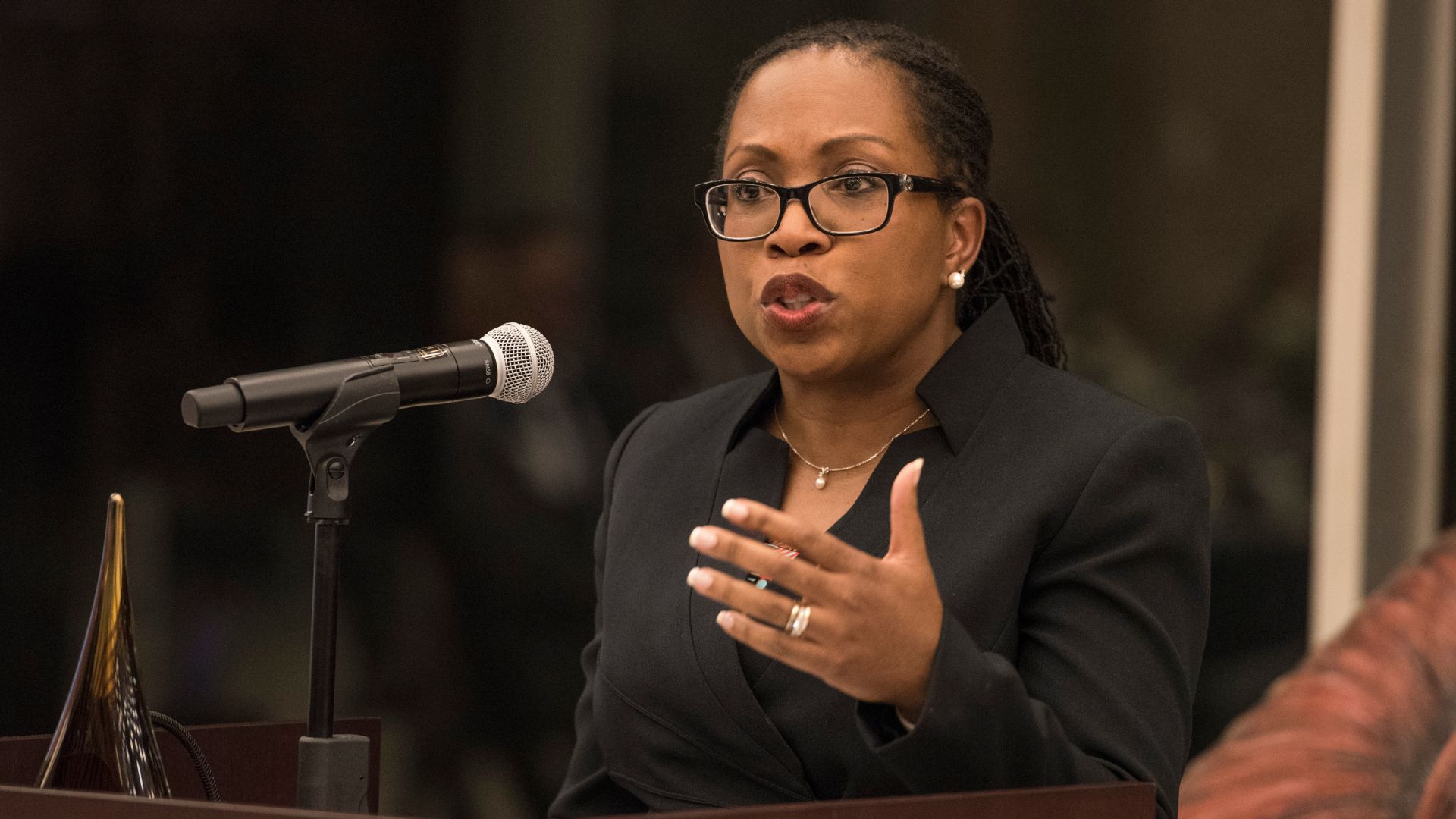
Throughout the oral arguments, the justices seemed unwilling to put restrictions on the federal government when it comes to communicating with social media platforms.
“Some might say that the government actually has a duty to take steps to protect the citizens of this country, and you seem to be suggesting that that duty cannot manifest itself in the government encouraging or even pressuring platforms to take down harmful information,” Justice Ketanji Brown Jackson stated.
The Government’s Ability To Interact With Platforms
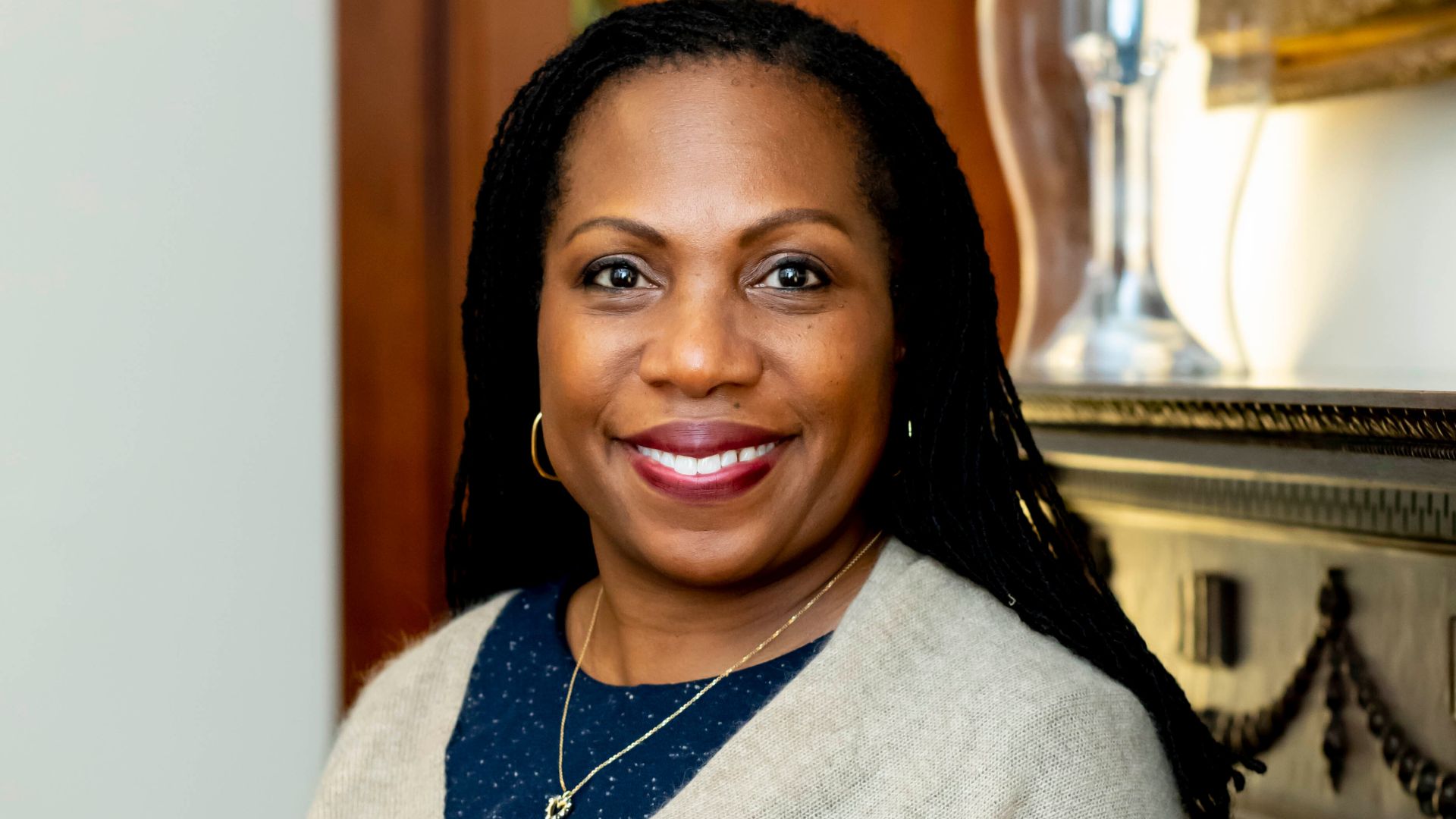
Justice Jackson further explained that she was worried about the consequences of ruling that the White House or government couldn’t interact with these platforms.
“I’m really worried about that, because you’ve got the First Amendment operating in an environment of threatening circumstances from the government’s perspective, and you’re saying the government can’t interact with the source of those problems,” she added.
Problems With Brief
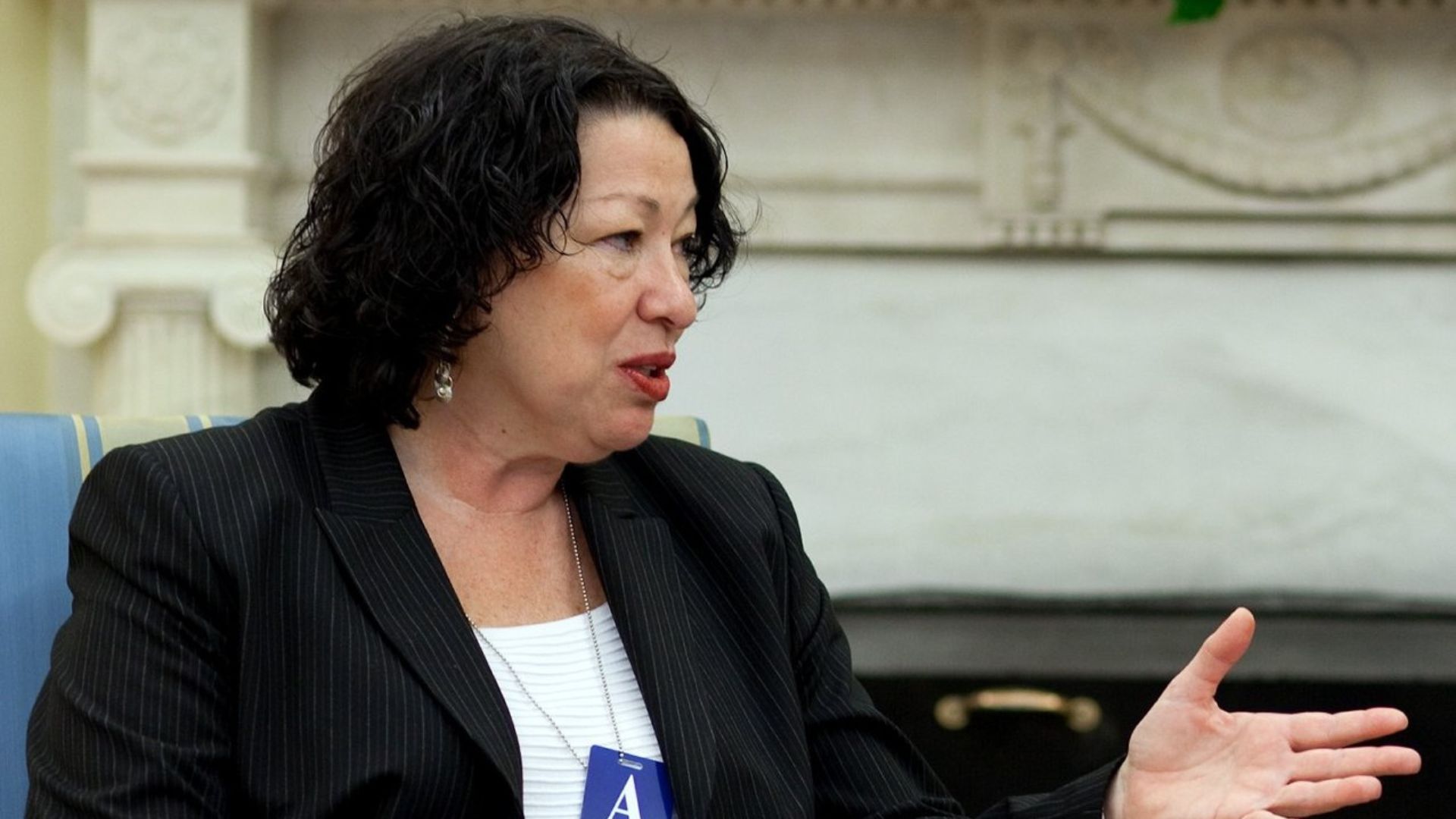
Some of the justices even had an overall issue with the brief that lawyers put forth during the oral arguments.
“I have such a problem with your brief,” Justice Sonia Sotomayor told Benjamin Aguiñaga, the Louisiana solicitor general. “You omit information that changes the context of some of your claims. You attribute things to people that it didn’t happen to…I don’t know what to make of all this because I’m not sure how we get to prove direct injury in any way.”
Aguiñaga’s Apologies
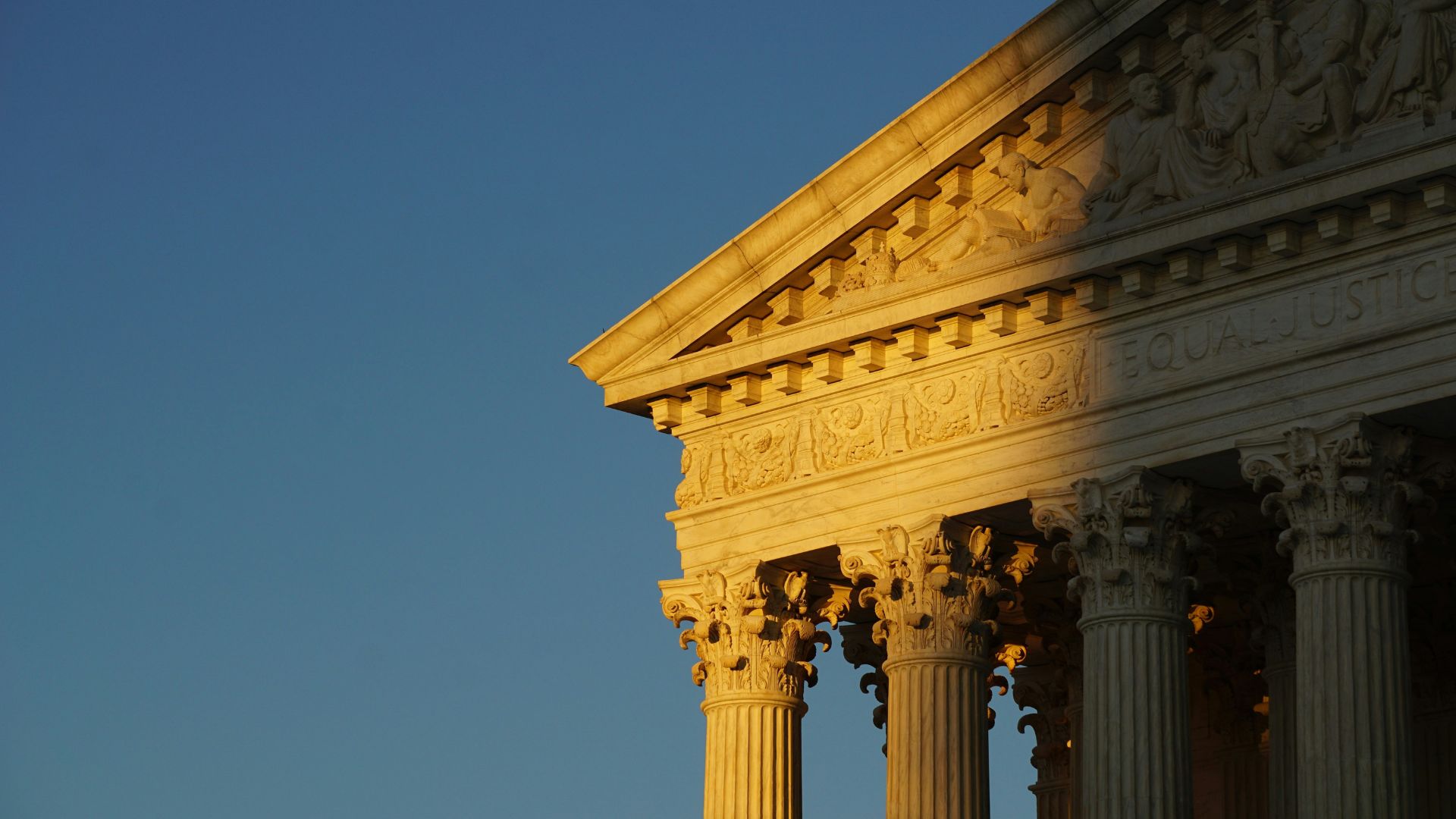
Aguiñaga apologized to Justice Sotomayor and took full responsibility for any and all issues that the brief had.
However, this interchange just further goes to show how the justices very likely will side with Biden in this court case, rather than against him. There were already issues with the brief, as Sotomayor pointed out. That doesn’t help the solicitor general’s case at all.
Comparisons to the Press

Many justices took the time to compare how the government interacts with the press to how the same officials also interact with these social media platforms.
Government officials and members of the press, such as Washington reporters, have long had on and off-record conversations. At times, federal officials have even off the record tried to get journalists to listen to their suggestions — such as what they did to platforms like Twitter and Facebook.
Alito’s Questioning
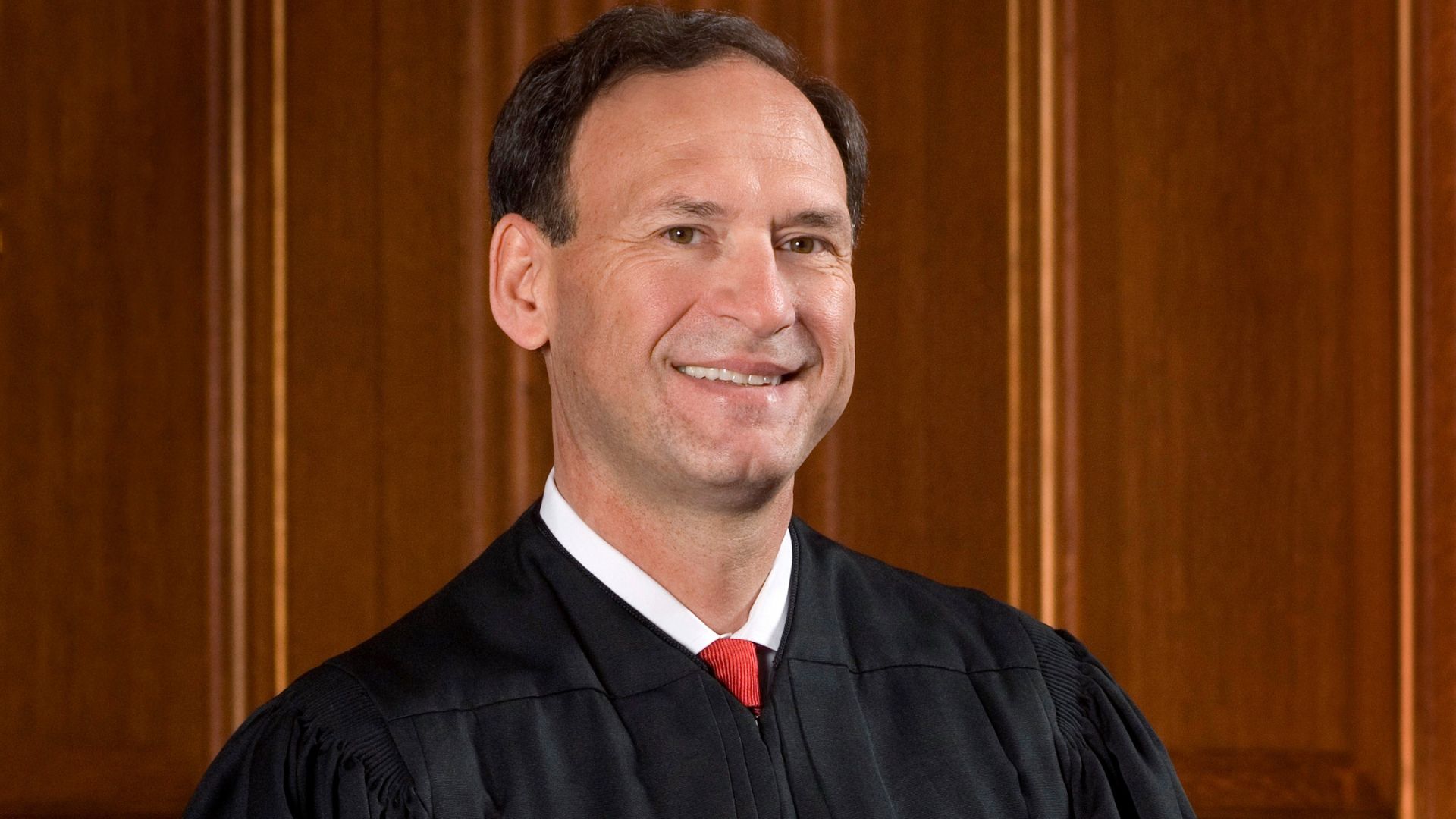
Justice Samuel Alito ran with this line of questioning. Just as other justices brought up conversations between government officials and the press, Justice Alito also pondered on this topic. However, he went in a different direction and instead focused on how officials “pestered” the platforms.
“I cannot imagine federal officials taking that approach to the print media, our representatives over there,” he said, indicating the press in the courtroom. “If you did that to them, what do you think the reaction would be?”
A Look at Antitrust Action
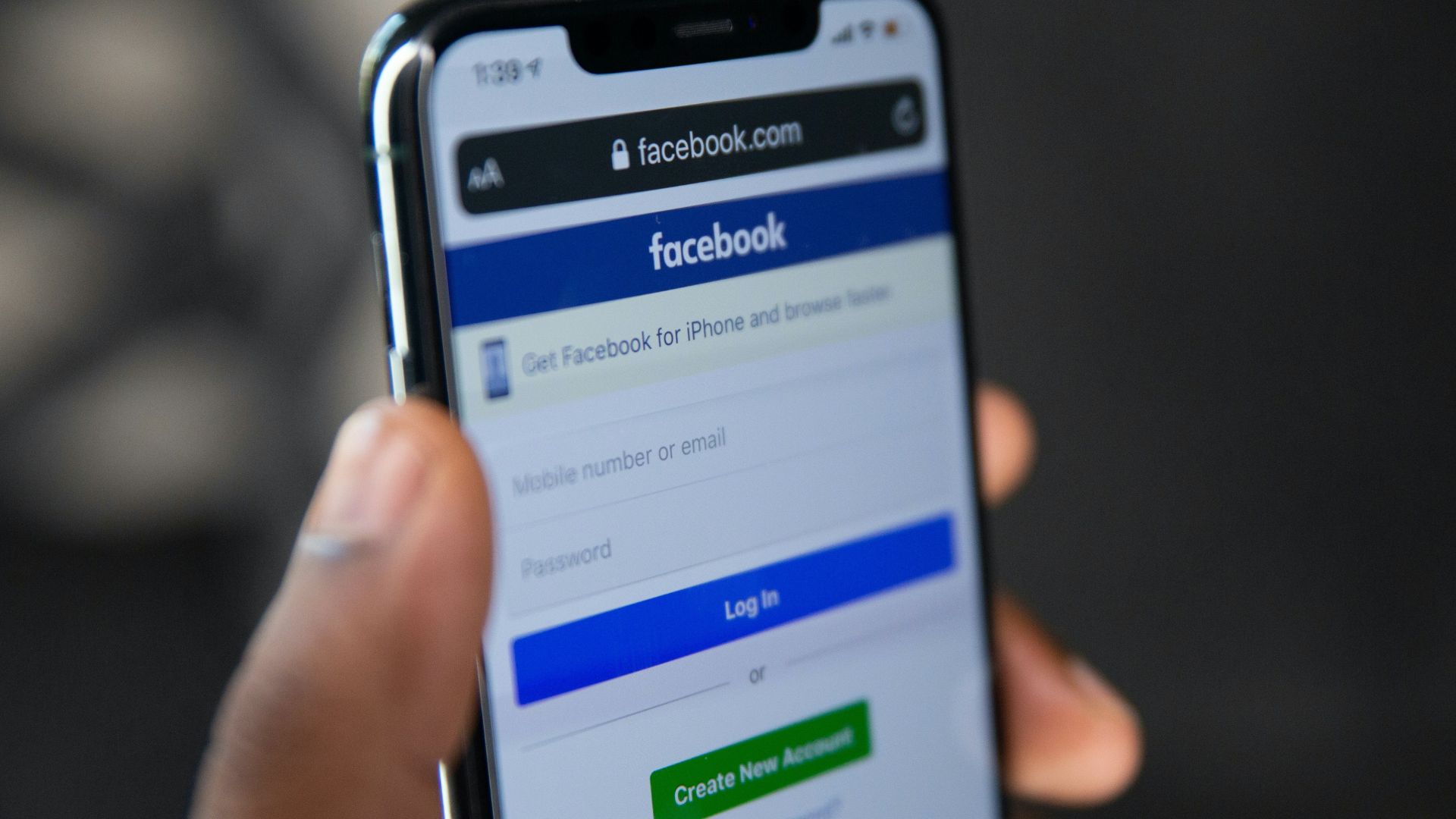
Justice Alito also took the time to think about why federal officials seemingly felt like they could openly — and at times angrily — try to engage with, or pressure, social media platforms. According to Justice Alito, these officials did so because they could use antitrust action if they needed to.
“It’s treating Facebook and these other platforms like they’re subordinates,” he stated. “Would you do that to the New York Times or the Wall Street Journal or the Associated Press or any other big newspaper or wire service?”
Disagreements Among Justices
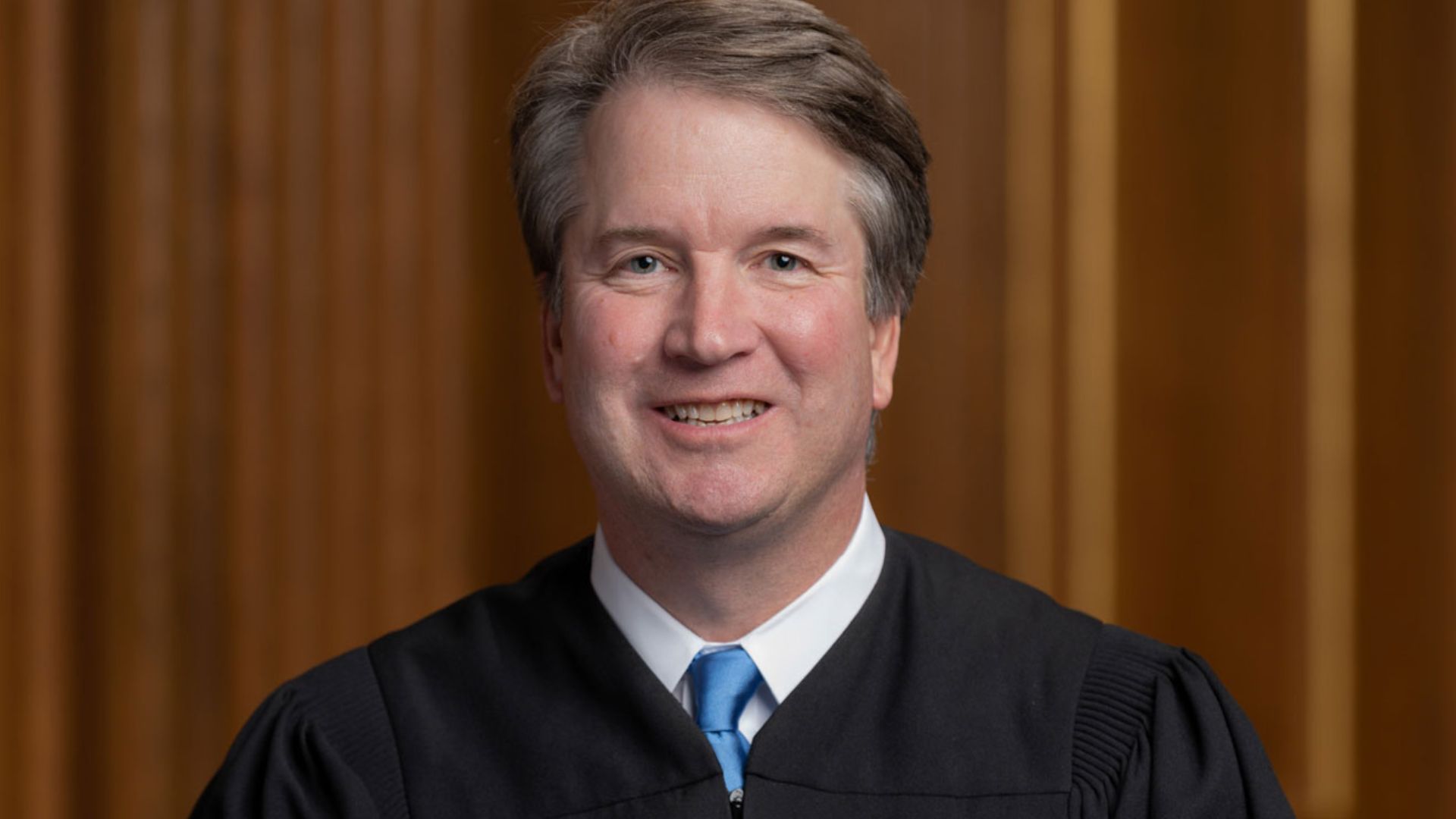
Interestingly, it appeared that some disagreement among justices appeared during talks about how government officials communicate with both the press and social media platforms. This difference of opinion came from Justice Brett Kavanaugh.
Justice Kavanaugh explained that he “assumed, thought, experienced government press people throughout the federal government who regularly call up the media and berate them.” Justice Kavanaugh also said that “platforms say no all the time to the government.”
Encouraging People and Platforms
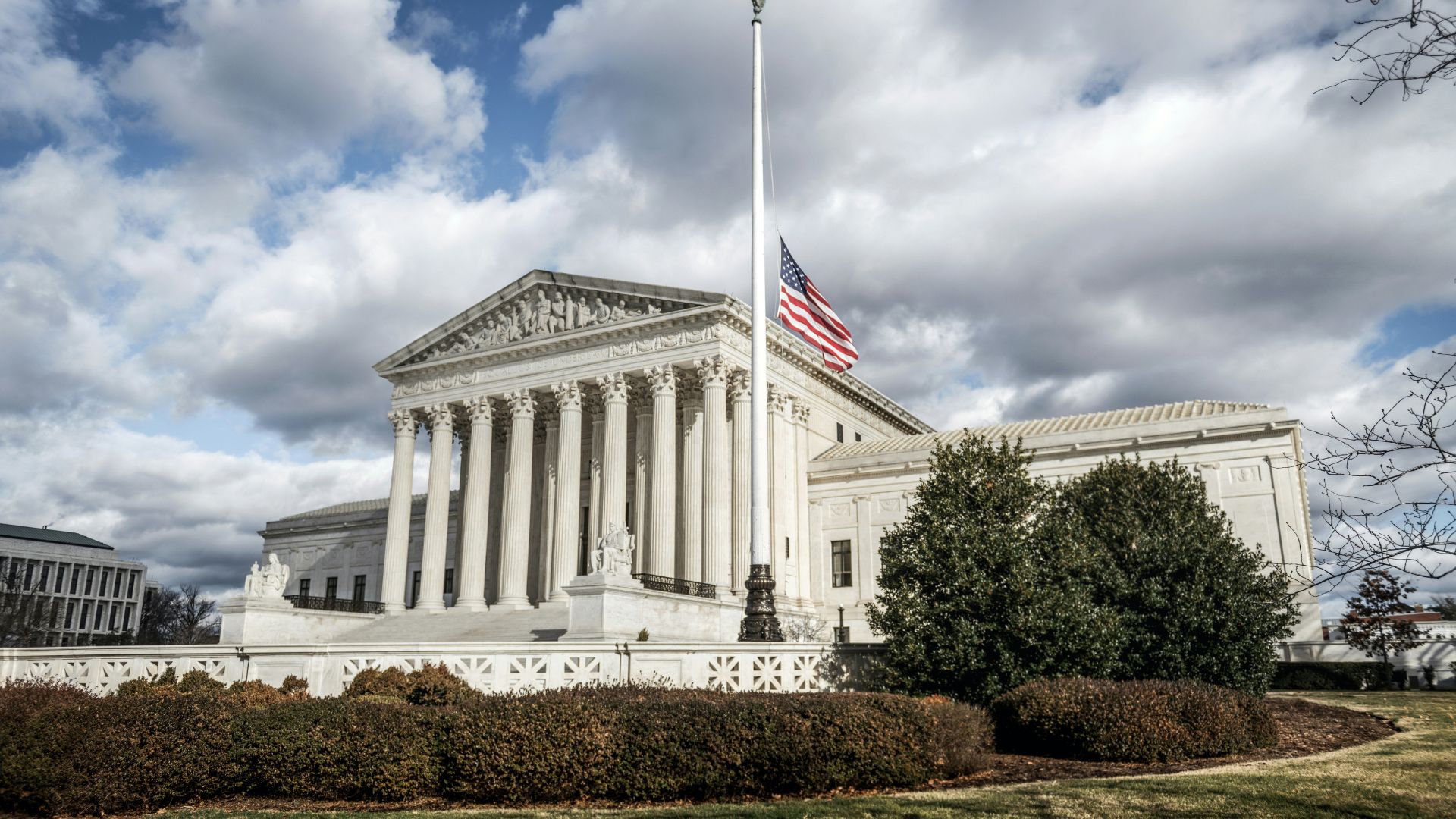
All of this debate among the justices during the oral arguments occurred as most of them stated that federal government officials have long tried to encourage people, businesses, and organizations in many ways.
However, encouragement or pressure does not mean that the government is restricting one’s right to freedom of speech, according to the justices.
A Potentially Restrictive Ruling
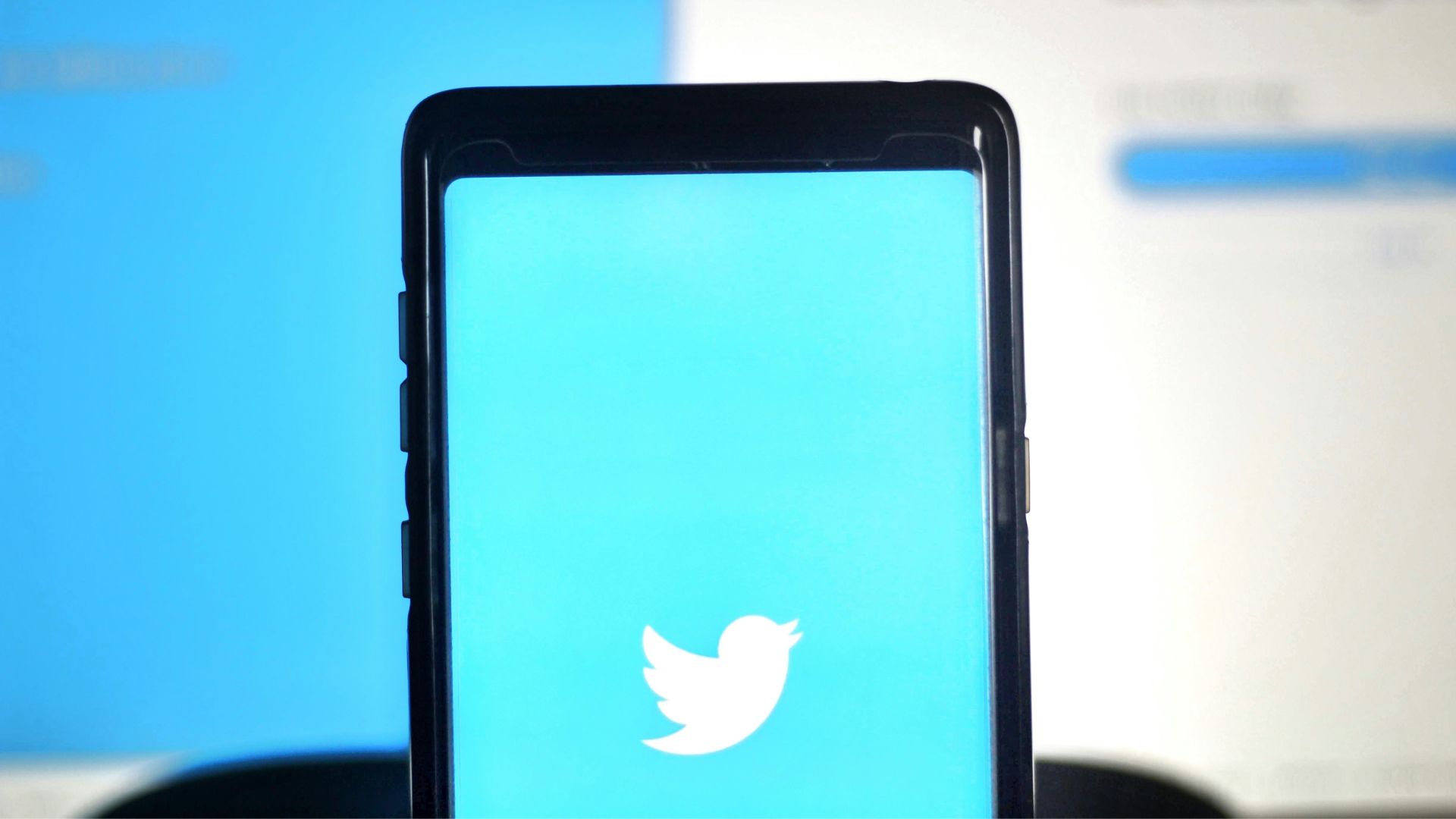
Through these arguments, the justices seemed to indicate that they weren’t for restricting the government in the way the plaintiffs wanted. For many of them, this would be a too-restrictive ruling.
Justice Barrett even stated that, if the Supreme Court ruled that the government encouraging or pressuring social media platforms on certain posts constituted suppression of one’s speech, then this ruling “would sweep in an awful lot.”
Chief Justice Roberts’ Comments
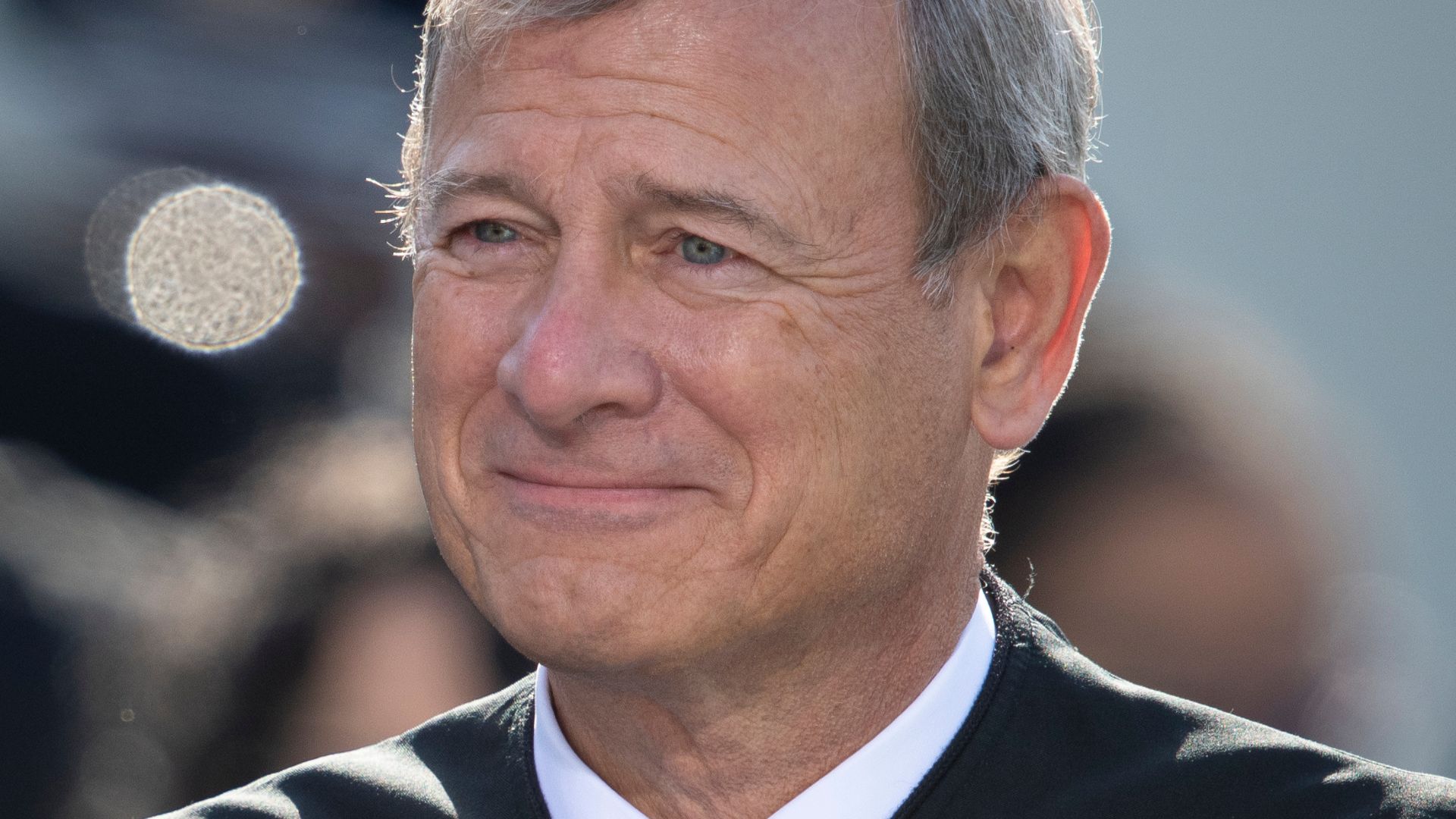
Chief Justice John Roberts also had his own opinion. While he couldn’t say whether he knew how officials interacted with the press — as other justices did — he did state that the government needed to “dilute the concept of coercion significantly.”
However, Roberts also explained that one government agency likely differed from another. For example, one agency may pressure a platform to go one way, while another agency could encourage them to go the other. Therefore, the government isn’t working in some organized effort to curb overall freedom of speech on social media.
Regulations Should Be Implemented
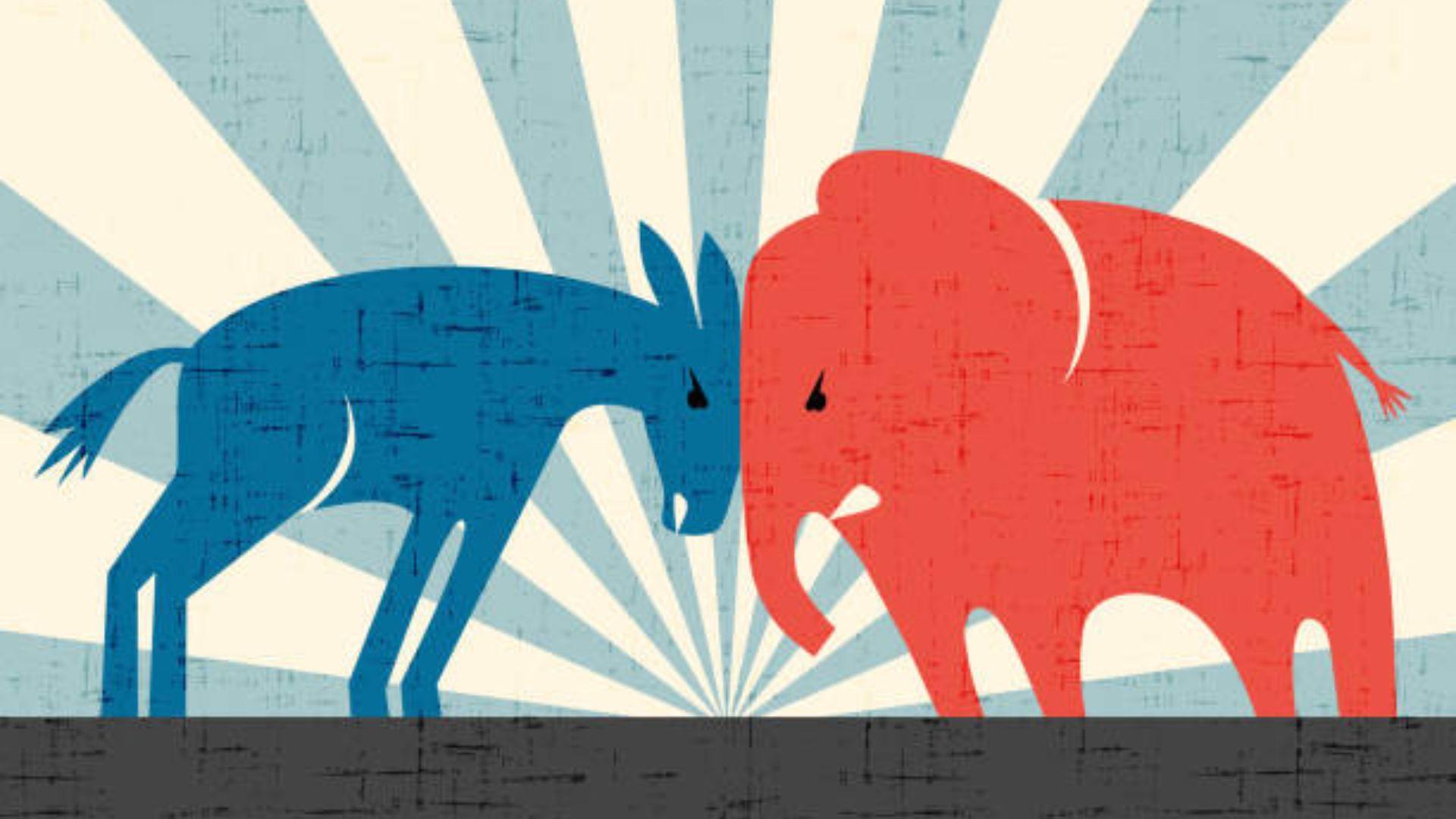
It’s important to note that this case reads Red vs Blue; conservative states are claiming that a Democratic administration used its power to stop Republican-leaning posts on social media.
However, many are arguing that as the party in the White House is constantly changing, this fight is really about how much influence the government can and should have over social media. Going forward, the same argument could be made that a Republican president is censoring left-leaning content.
Justices Shouldn’t Simply Vote With the Party They Support

As Aaron Kheriaty, a physician and plaintiff in the case, explained, “The fact that it’s been framed as a political issue is very dangerous.”
He continued, “While people may be sympathetic to the current administration’s aims and goals, I think they’re going to think very differently about this question if a new administration is using that same infrastructure for other purposes.”
A Political Issue
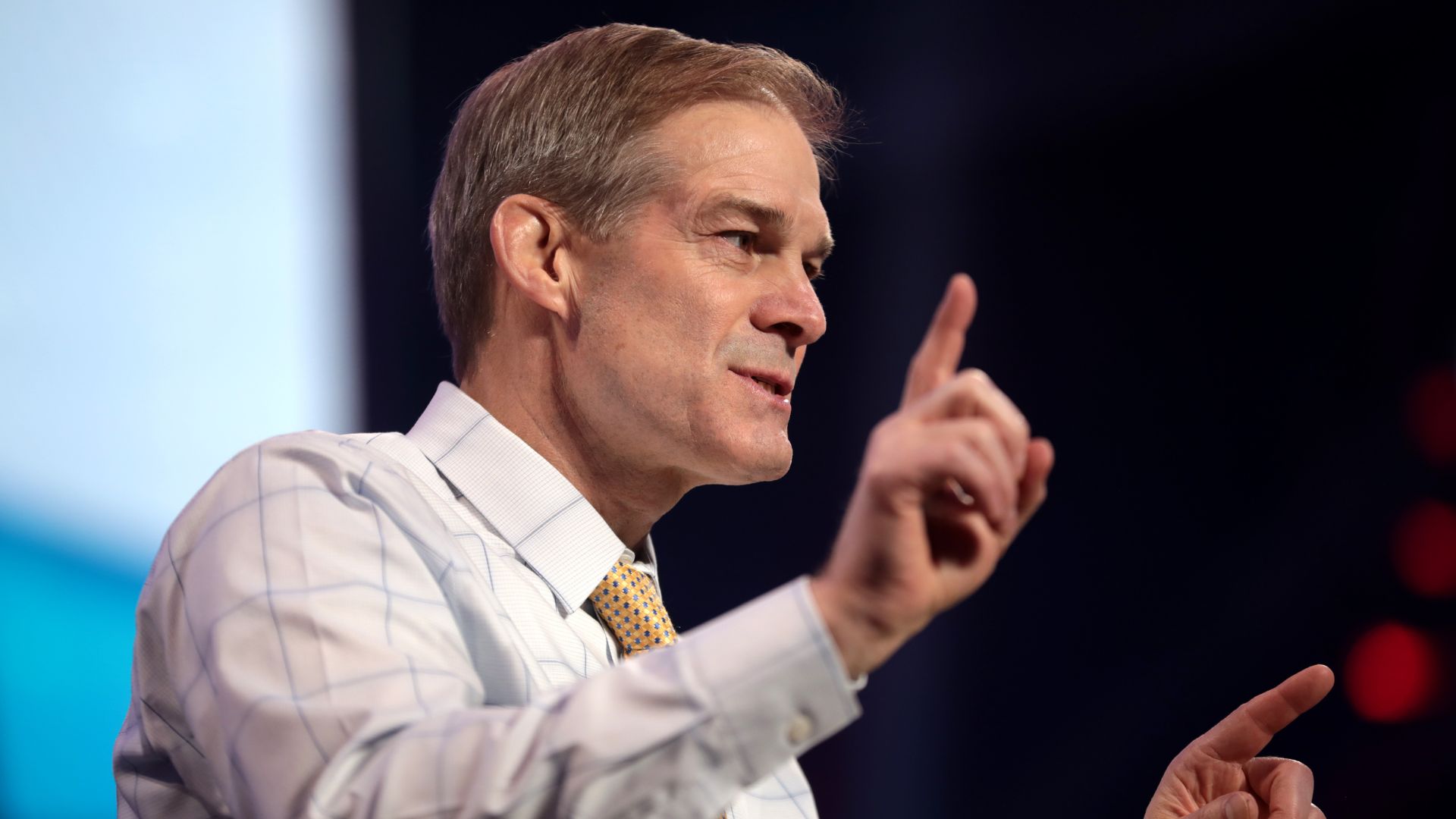
Though many analysts have warned against making this court case a political issue — for various reasons — it has already become one.
Justice Brown’s comments particularly caused conservative politicians and X users to criticize her statements. “This is scary. As Justice Brandeis said, we need ‘more speech, not enforced silence.’ But today’s Left doesn’t see it that way,” Republican Representative Jim Jordan said.
Free Speech Is Becoming a Complicated Issue
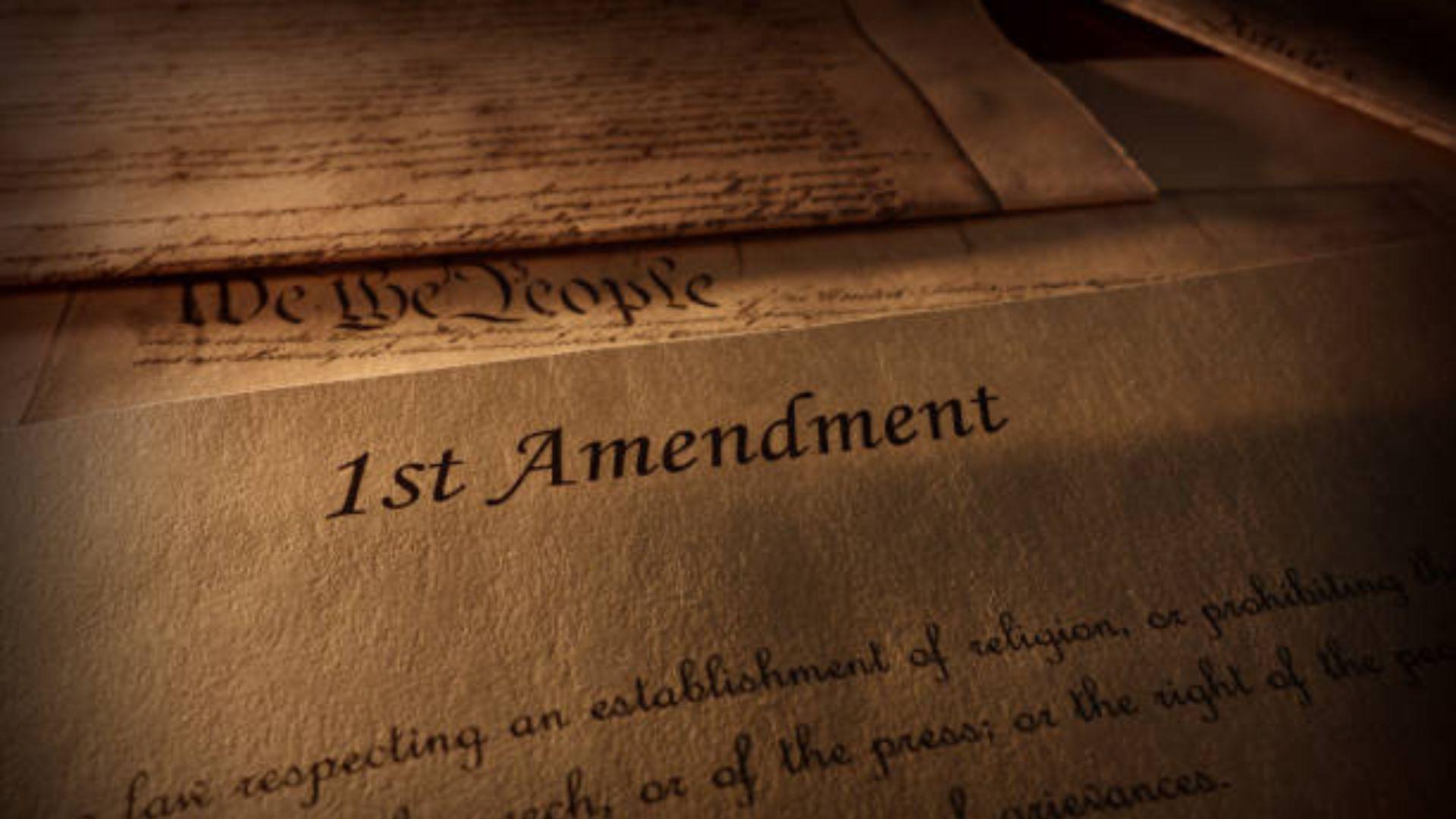
A lot has changed in America since the First Amendment was drafted by the founding fathers. There are some who believe that no matter what the world looks like now, these concepts on which the country was founded should be respected and followed to the letter.
However, others believe that we need to adjust the amendments to ensure their relevance to the modern world. In just a few months, the Supreme Court will rule on this case, and no matter what they decide, one faction of Americans will be extremely disappointed.

